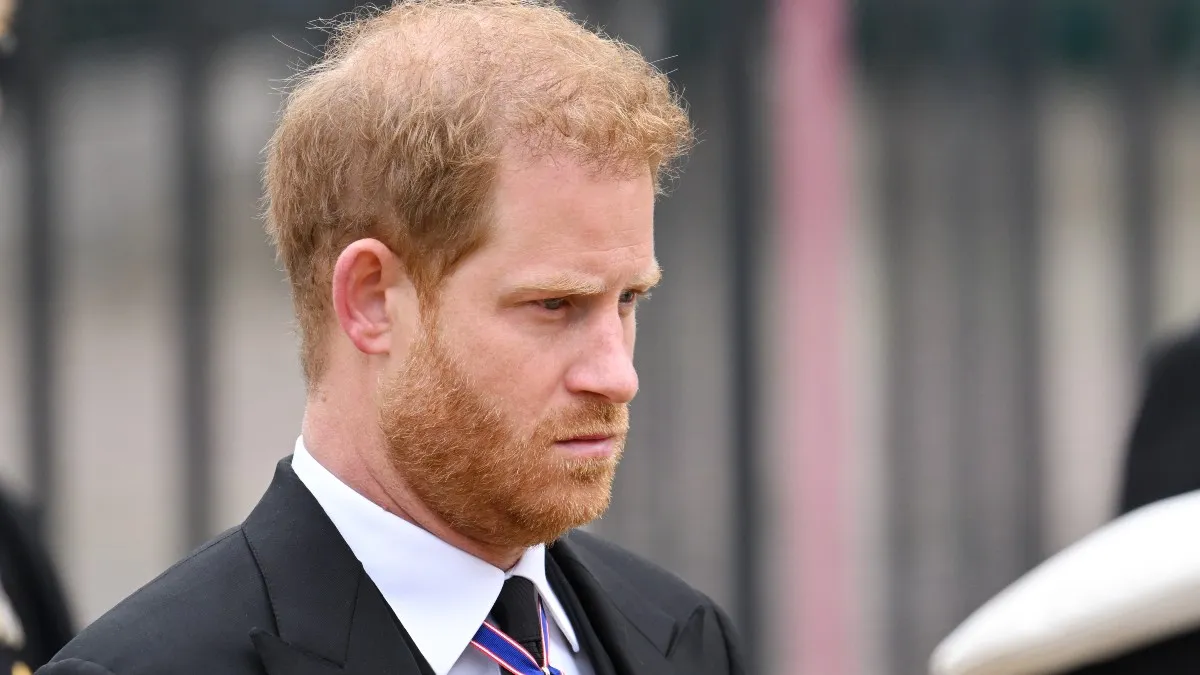When Prince Harry made the decision to step back from his role as a senior royal, he made peace with relinquishing the title of “His Royal Highness” and welcomed the relief of no longer being bound by the obligations of royal duties. However, this action also meant forfeiting a significant portion of the high-level security protection provided to senior members of the Royal Family by the U.K. government, presenting a challenge for the prince.
Despite now residing in Los Angeles with Meghan Markle and their children, Harry and his family are still considered members of the Royal Family and have had to return to the U.K. on several occasions. These visits have included attending significant events such as the late Queen’s Platinum Jubilee and her funeral, as well as personal trips for meetings with his father and legal battles against various media publications.
However, due to his status change, Harry now must make these trips with a reduced level of security protection. Dissatisfied with the “bespoke arrangements specifically tailored to him” promised by the Home Office, Harry contested the decision in the High Court, demanding proper police protection when he and his family are in Britain. Despite his efforts and the assertion of his lawyers that the decision was unfair, Harry lost the security protection case, according to reports by the BBC.
The court ruled that it was neither unlawful nor irrational to provide Harry with reduced security, considering his new status as a non-working royal. Retired High Court judge Sir Peter Lane stated in his ruling that Harry’s lawyers had misconstrued his security level as a senior royal.
Unwilling to accept the ruling without a fight, Harry intends to appeal the decision in pursuit of justice. This determination to challenge the ruling aligns with rumors suggesting that Harry may consider returning to his royal duties if asked by his father, further underscoring the significance of the legal battle for the prince and his family.


